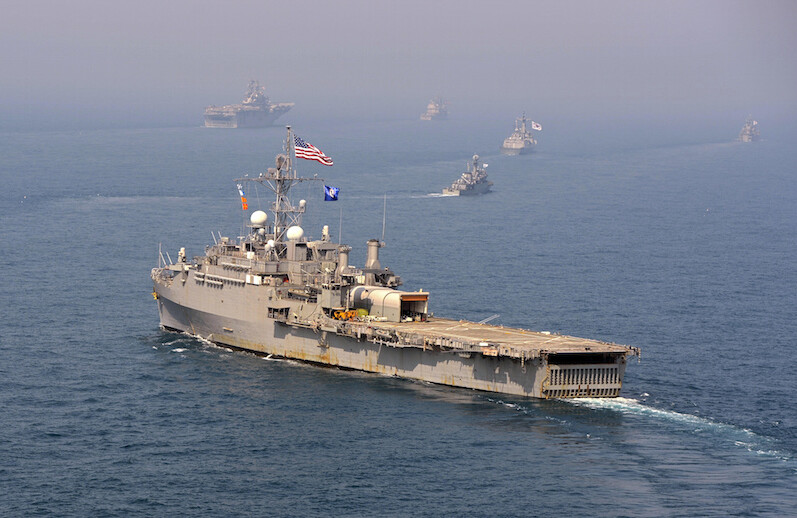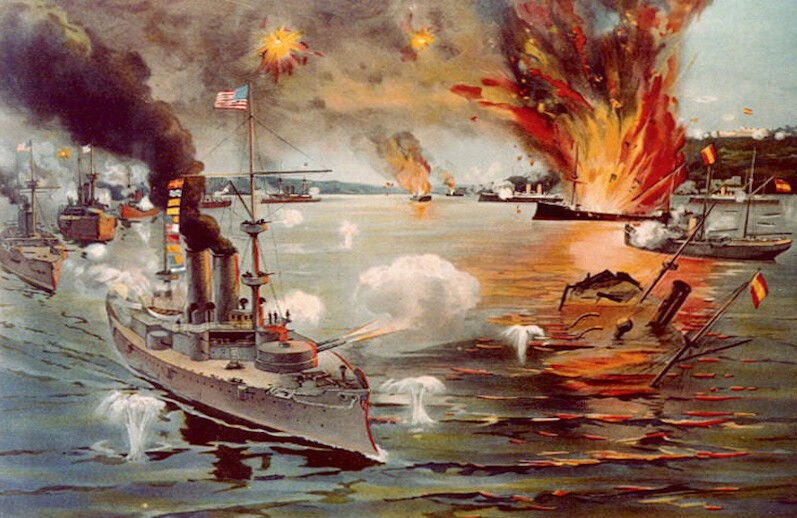Framing ethical perspectives
Multilateralism refers to a group of nations working together for a common goal. It is at the heart of international relations as nation-states form alliances with like-minded countries to take on global issues, such as climate, emerging technology, inequality, and collective security. Carnegie Council sees multilateralism as essential to generating solutions to global problems and a critical component of an ethical present and future.
Featured Multilateralism Resources
Inclusivity, AI & climate governance, and more
FEB 27, 2024 • Video
A Carnegie Council Conversation with the UK Home Secretary
MAR 28, 2024 • Video
Unlocking Cooperation: The Global South and Global North
In the inaugural panel of the "Unlocking Cooperation" series, Ramu Damodaran leads a discussion on forging a path forward for Global South/North collaboration.
OCT 18, 2023 • Video
Unlocking Cooperation: A Global Ethics Day Special Event
In this keynote event for Global Ethics Day 2023, Carnegie Council President Joel Rosenthal led a conversation on the psychology behind cooperation; ways that states, institutions, ...
Subscribe to the Carnegie Ethics Newsletter for more on ethics and international affairs
Related Initiatives
Model International Mobility Convention
The primary goal of the Model International Mobility Convention (MIMC) is to formulate new rules for migration and asylum that can benefit both migrants and refugees as well as their states of origin, transit, and destination.
Carnegie Ethics Accelerator
The Carnegie Ethics Accelerator is a new kind of incubator designed to empower ethics in the face of swiftly evolving challenges in technology and public policies.
Explore Our Multilateralism Resources

MAY 2, 2017 • Podcast
The Coming War with China? The Ethics of Confrontation in the Pacific
Are the United States and China on the brink of war? Can the two nations avoid miscalculation and instead find common ground? Find out what ...

APR 26, 2017 • Podcast
Democracy and the Deep State in Myanmar
In this fascinating interview, Maureen Aung-Thwin, founder of the Burma Project at Open Society Foundations, describes how the Project helped Burma's transition to democracy starting ...

APR 21, 2017 • Article
The Main(e) Concern in the South China Sea
On the 119th anniversary of the start of the Spanish-American War, the U.S. is facing another potential maritime conflict, this time with China. What ...
APR 20, 2017 • Podcast
The Intersection of Religion, Identity, and Peacemaking with Rev. Robert Chase
Rev. Robert Chase has spent 10 years as director of Intersections International, working "to bring disparate groups together in search of peaceful and socially just resolution ...

APR 19, 2017 • Podcast
A Conversation on Statelessness with Kristy A. Belton
There are over 10 million stateless people around the world, says researcher Kristy A. Belton, with, often, limited access to banking, education, health care, and countless ...
APR 18, 2017 • Podcast
Easternization: Asia's Rise and America's Decline from Obama to Trump and Beyond
"Financial Times" chief foreign affairs commentator Gideon Rachman says, "We've reached the point where the West's grip on world affairs begins to loosen." China's economic ...
APR 11, 2017 • Podcast
"In Cambodia, 'democracy' is just a term . . ."
Phnom Penh-based human rights lawyer Sophorn Sek discusses the state of his nation's governance in this eye-opening interview. From corruption and nepotism to suspicious murders ...

APR 4, 2017 • Podcast
Nuclear War with North Korea?
The North Koreans are not crazy, says Korea scholar Joel S. Wit. They have valid reasons for feeling threatened and their nuclear strategy has actually ...
MAR 27, 2017 • Podcast
Duterte's Drug War and Human Rights in the Philippines and Southeast Asia
President Duterte has created a human rights calamity, says Phelim Kine of Human Rights Watch. In just over over eight months, 7,000 of the poorest, most ...

MAR 24, 2017 • Podcast
The Lockerbie Bombing: The Search for Justice
In 1988, a bomb detonated on Pan Am 103, killing all on board and devastating the Scottish town of Lockerbie. A Libyan was convicted of the crime. ...




